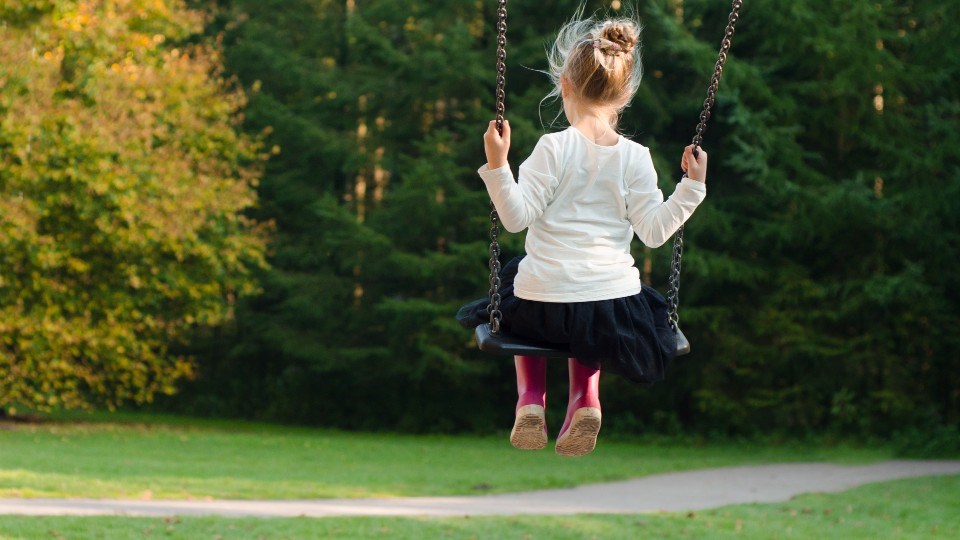Ontario's Science Table has published a report on the six ways it believes are the best to cope with the COVID-19 pandemic. It also includes what it believes won't work.
Some of the solutions being suggested, such as sick pay for essential workers, are not in line with Ontario government policy so far.
The Ontario COVID-19 Science Advisory Table is a group of scientific experts and health care leaders who evaluate and report on emerging evidence relevant to the COVID-19 pandemic to keep government leaders informed.
"One year into the COVID-19 pandemic, Ontario is now facing the most challenging health crisis of our time. Our case counts are at an all-time high. Our hospitals are buckling. Younger people are getting sicker. The disease is ripping through whole families. The variants of concern that now dominate COVID-19 in Ontario are, in many ways, a new pandemic. And Ontario needs stronger measures to control the pandemic," reads the science table's latest report published today.
To that end, the science table report outlines the things that urgently need to be done — as well as things that should not be done — to bring the pandemic under control.
What it says will work are:
- Essential workplaces, only. It notes that some indoor workplaces have to remain open and that list must be as short as possible. For "truly essential" indoor workplaces, there needs to be strict enforcement of COVID-19 measures, such as masks at all times working indoors.
- Pay essential workers to stay home when they're sick, exposed or need to get a vaccine. While there is federal support available, the science table says the program is "cumbersome" and doesn't provide enough. "An emergency benefit that offers more money, is easily accessible, immediately paid and that, for the duration of the pandemic, is available to essential workers – when they are sick, when they’ve been exposed, need time off to get tested, or when it’s their turn to get vaccinated – will help limit spread," reads the brief.
- Accelerating the vaccination of essential workers and those who live in hot spots.
- Limiting mobility. Interprovincial travel has been restricted. The science table says limiting mobility also means restricting movement between regions. "Moving around the province risks creating new hotspots, especially because the variants of concern are so transmissible. Simply put, Ontarians need to stay in their local communities," according to the report.
- Focusing on public health guidance that works. The report explains this means not gathering indoors with people you don't live with, but allows for spending time with people outdoors with is social distancing, masks, and proper hand hygiene.
- Keeping people safely connected. To allow for social connections and outdoor activity for physical and mental health, the report indicates this means small groups of people from different households can meet outdoors while following public health recommendations.
The report also includes what the public health table believes won't work. The items are:
- Policies that harm or neglect racialized, marginalized and other vulnerable populations. The report says the disease already disproportionately affects these groups and policies "should be examined through an equity lens to ensure that all communities benefit."
- Inconsistent policies with no clear link to scientific evidence.
- Policies that discourage safe outdoor activity and disproportionately harm children or people who don't have access to their own greenspace.
